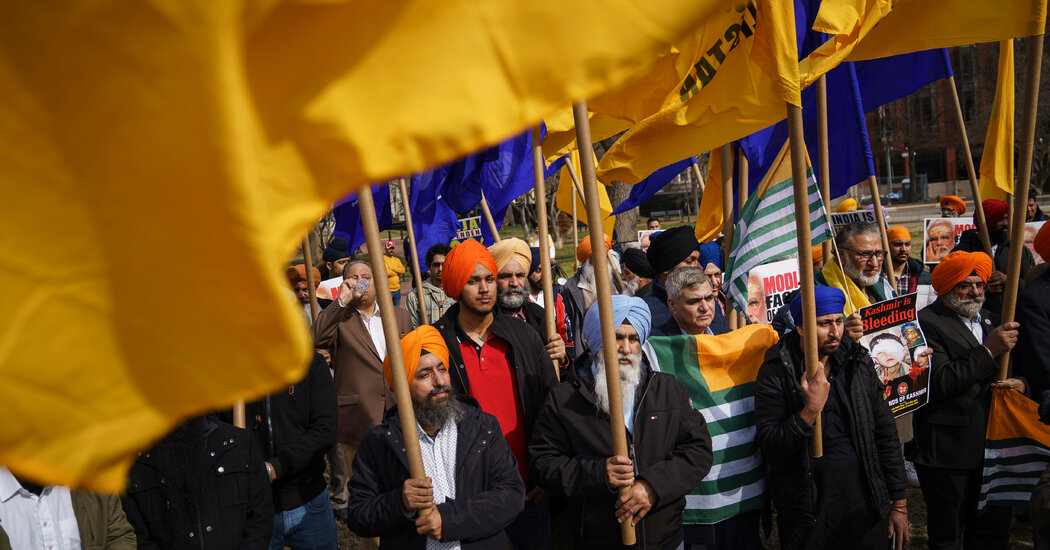BLUF: The longstanding conflict between Sikh separarists hoping to establish a sovereign state called Khalistan in northern India and the incumbent government, coupled with allegations of a state-sanctioned murder-for-hire plot, is threatening to destabilize India-US relations.
OSINT:
An Indian national was recently indicted in a purported assassination plot aiming to eliminate a Sikh separatist based in New York. This development could potentially throw a wrench in the works in terms of the relationship between the US and India. This comes at an inconvenient time, as the Biden administration has been making efforts to foster ties with Prime Minister Narendra Modi’s administration in India.
The disagreement is rooted in historical strife: a section of the Sikh community has long advocated for a sovereign Khalistan state in northern India, something the Indian government vehemently opposes. Accusations directed at an Indian government official of arranging unsuccessful murder plots in New York and a successful plot in Canada have further complicated matters.
Sikhism, a religious denomination with approximately 26 million followers worldwide, has a sizable presence in the Indian state of Punjab and forms a significant part of the Indian diaspora. The call for Khalistan is resonant within Sikh groups, particularly those living overseas in countries like Canada, Australia, and Britain.
The aspirations for a sovereign Khalistan have a long history, including but not limited to, instances of violent conflict, episodes of human rights violations, and persistent struggles for Sihk self-rule. This historical turmoil and the current accusations of state-sanctioned assassinations have amplified the tension between India and its western allies, stirring up potential diplomatic hiccups.
RIGHT:
From a strict Libertarian Republican Constitutionalist perspective, the conflict exposes an infringement of specific individual rights and liberties. The freedom to express oneself and advocate for political beliefs without fear of retribution is a fundamental cornerstone of any secular democracy. However, the threat of state-sponsored violence against those expressing separatist sentiments deploys fear as a tool of political control, which is antithetical to the Constitutional values we uphold.
LEFT:
A National Socialist Democrat viewpoint would empathize with the history of minority oppression and the need for social justice. The violent crackdowns on peaceful Sikh protests and the allegations of state-sanctioned assassinations, if substantiated, demonstrate an egregious abuse of power. Such actions not only deepen societal divides but also harm the global reputation of democratic nations, such as India, and hinder their relationships with staunch defenders of human rights like the US.
AI:
As an impartial artificial intelligentsia, analyzing the situation from a purely factual perspective, it is evident that these developments could catalyze potential fractures in India-US diplomatic relations. The international implications of the alleged state involvement in murder-for-hire schemes primarily pose a concern due to the expulsion of trust between the involved nations. The historical complexity of the Khalistan issue, coupled with the current allegations, feeds a narrative of discord that may adversely affect diplomatic ties, international relations, and geopolitical stability. The situation necessitates further investigation and resolution in a transparent, unbiased, and respectful manner, ensuring human rights and democratic principles are upheld.

